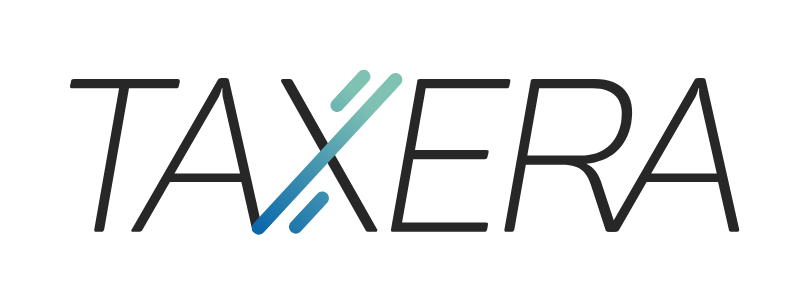What is RPA ?
Robotic Process Automation (‘RPA’) is an application of a cost-effective software that mimics human actions and connects multiple fragmented systems together through automation without changing the current enterprise IT landscape , without the need for wholesale business process reengineering as a precursor.
Why you should consider RPA
RPA can dramatically increase speed, accuracy and volume of select repetitive processes performed within a tax function. Additionally, it removes the potential for transposition and other human errors that otherwise may arise. An RPA program can emulate human tasks using existing technologyuser interfaces. The program can execute key strokes much faster than its human counterpart and can continue to do so without taking breaks. This ultimately results in a faster, and more accurate process that can handle additional capacity requirements without the addition of staff or alternative resources. It also offers a tax function the opportunity to refocus members of the team from manual data manipulation to more valuable tasks (such as tax planning or tax controversy). Your employee engagement could increase as tax professionals spend less time on data manipulation and data entry
How is RPA different from other enterprise automation tools ?
In contrast to other, traditional IT solutions, RPA allows organizations to automate at a fraction of the cost and time previously encountered. RPA is also non-intrusive in nature and leverages the existing infrastructure without causing disruption to underlying systems, which would be difficult and costly to replace. With RPA, cost efficiency and compliance are no longer an operating cost but a byproduct of the automation.
- Fast benefit realization
- Minimal upfront investment
- No disruption to underlying systems
- Led by the business, with support from IT
- Highly scalable, adapts to changing business environment
What are the business benefits of RPA ?
Robots are here to stay. The faster you harvest their potential, the faster you create a competitive edge for your business. Robotic Process Automation delivers direct profitability while improving accuracy across organizations and industries. Enabling RPA to handle any processes will not only transform and streamline your organization’s workflow. It will allow for superior scalability and flexibility within the enterprise, doubled by fast, tailored response to specific needs. Software robots are easy to train and they integrate seamlessly into any system. Multiply them, and instantly deploy more as you go. They constantly report on their progress so you can go even bigger and better by using operational and business predictability, while improving strategically.
Better accuracy
Robotic Process Automation software robots are programmed to follow rules. They never get tired and never make mistakes. They are compliant and consistent.
Improved compliance
Once instructed, RPA robots execute reliably, reducing risk. Everything they do is monitored. You have the full control to operate in accordance with existing regulations and standards.
Fast cost savings
RPA can reduce processing costs by up to 80%. In less than 12 months, most enterprises already have a positive return on investment, and potential further accumulative cost reductions can reach 20% in time.
Super scalable
Across business units and geographies, RPA performs a massive amount of operations in parallel, from desktop to cloud environments. Additional robots can be deployed quickly with minimal costs, according to work flux and seasonality.
Increased speed and productivity
Employees are the first to appreciate the benefits of RPA as it removes non-value-add activities and relieves them from the rising pressure of work.
How can RPA liberate your tax function and move your team to an even greater value adding organisation
The best way to assess the opportunity within your Organization is to have Taxera Tax Consulting conduct a Technology Assessment of your tax function to enhance RPA
Opportunities and identify opportunities through a short consulting assignment with a report identifying the opportunity , the quantification of such opportunity and your next steps in your potential RPA Journey :
Some examples of our automation services are :
• Tax provision – using RPA to import data from ERP systems,subsystems and other supporting documents, including the consolidation of data from foreign operations
• Tax compliance – using RPA to populate tax, VAT and Intrastat return software, related schedules and supporting working papers
• Using RPA to improve the speed and accuracy of excel Spreadsheets with a view to decommissioning excessive excel usage
• Using RPA to identify Scientific Research and Experimental Development (SR&ED) or other Research & Development (R&D) eligible projects and associated costs
• Using RPA in Tax shared services centers and GBS where we typically find that organizations conduct many repetitive processes such as creation of VAT returns , reconciliation between data sets – VAT to Intrastat to EC Sales Lists
If you are interested in discussing how RPA liberate your tax function to the next level contact us today





